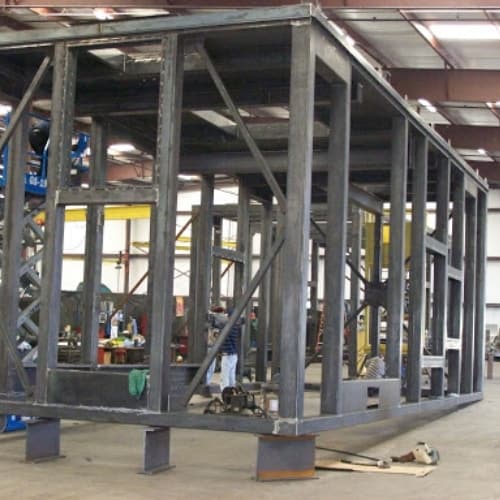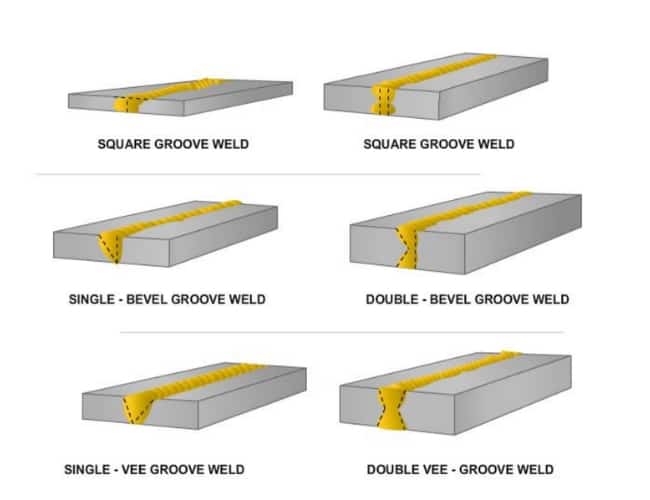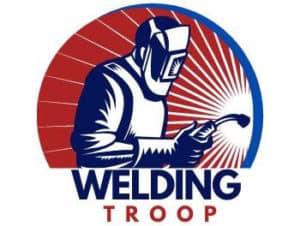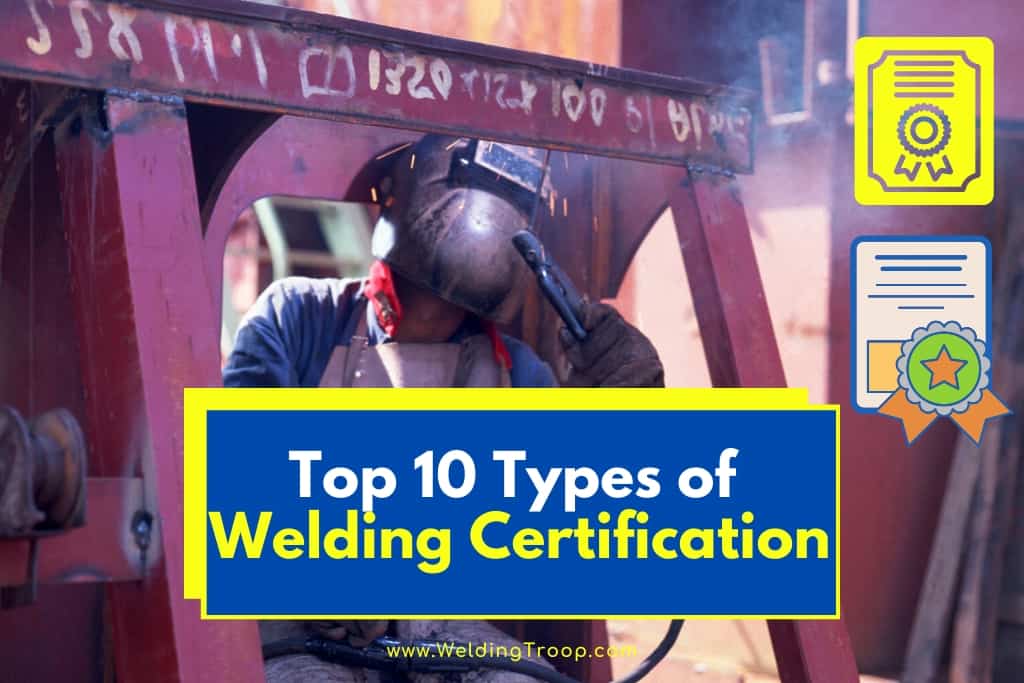Maybe you love working on cars and want to work in a repair or detailing shop. Maybe you love the Alaskan countryside and want to take advantage of the great welding jobs Alaska has to offer. Maybe you want to serve your country by welding for the military or an aerospace company.
There are any number of reasons why you might be looking into pursuing welding for a living. You certainly have the talent and passion for it – that much is clear. What may not be clear, however, is how to actually go about doing that. You can’t simply pick up a welding torch and start welding for a company. Given the immense amount of responsibility involved, companies and government contractors require certifications.
Here are the types of welding certifications out there:
- Certified Welding Educator
- Certified Resistance Welding Technician
- Certified Welding Supervisor
- Certified Welding Sales Representative
- Certified Welding Engineer
- Certified Welding Program
- Certified Robot Arc Welder
- Certified Underwater Welder
- Certified Welding Positions
- Certified Welding Inspector
Table of Contents
1. Certified Welding Educator
Have you ever thought about teaching welding to others? There are many reasons to try this aspect of welding. Maybe your body can no longer take the rigor of working on a welding site all day, but you still want to stay in the industry somehow. Maybe you just love teaching. Whatever the case, just as school teachers need to become accredited in their state before they can teach, so too do you need a welding teaching accreditation, the CWE.
These classes, like the others on this list, are cleared by the American Welding Society. This is the most respected and recognized welding body in the United States, so if you’re looking to weld here, chances are you’ll want to make sure you are getting a certification from them if possible. The CWE is a specially designed class to ensure that teachers are up to the standards of the AWS, teaching and testing talent, knowledge, and welding ability as well as leadership and classroom skills.
2. Certified Resistance Welding Technician
This is one of the most competitive welding fields, with a high emphasis on production. This type of welding requires a good deal of experience to pull off well, and this certification is a testament to that. With a CRWT, you’ll be able to demonstrate to employers that you have enough skill and understanding to be able to pull off the kind of work they’ll expect in this field. Resistance welding requires a special skill set that you can learn by undergoing this credentialing process. The process itself takes prior experience and education into account in terms of credentialing and preparation for the CRWT exam.
3. Certified Welding Supervisor
This is obviously another position that requires a lot of experience and is a great chance for those who are looking to make a change later in their career.
To be a supervisor, you need to know all the ins and outs of fabrication, especially with respect to manufacturing and construction. You’ll be in charge of making sure that everything meets with the expectations of the factory owners and help to contribute to its overall quality. In addition, if you are someone with an eye toward teaching, this can be a great way to instruct others while having a tangible effect on the actual quality of products.
The end result of this can be greater productivity and quality for the factory and a high degree of satisfaction for you. The AWS CWS certification is applicable to a wide range of foremen, managers, lead welders, and of course welding supervisors and inspectors.

4. Certified Welding Sales Representative
If you are looking to put your welding skills to the test in a different way, you might try breaking into the world of sales. This can be a great way to pair social skills with welding ability, especially if you are someone with a financial or relationship building bent. After all, sales is just as much about who you know as what you know and how you can use all of that to your advantage to complete a sale.
Related reading: What 3 Important Skills are Listed Under Welder – All You Need To Know
One of the best things about this subfield is the fact that it not only allows you to show off your sales and welding skills, but that it lets you talk to people on a daily basis. After all, while welding is a big drawback of working in, welding is the solitary nature of the craft. This might be a perk for some people, but for others working with just steel and sparks all day long can start to get a little lonely.
If you enjoy not just welding sparks, but sparking up a conversation with other people, you can hunt for a hot new career with an WS CWSR. This certification qualifies you to sell welding materials to clients and companies in America. You can inform them as to the best models for their needs while simultaneously helping them understand the safety and production implications of each model.
In doing so, you can make the companies that make up the welding industry safer and more productive.
5. Certified Welding Engineer
There is no denying that engineering is one of the most important professions not just within the welding industry, but society at large. Indeed, from private homes to public works, engineers build and are themselves the backbone of our society. That said, it takes a lot of training to become an accredited engineer, and even more if you want to pair that with welding skills. Nevertheless, doing so can allow you to undertake some of the most important public works and private jobs, and all while netting a pretty good payday for yourself to boot.
If you think that this is something you would like to do and have the skills to pull it off, you’ll want to consider the AWS certification for engineers. The CWEng certification centers on both the practical as well as professional side of welding. You’ll learn not just how to produce good results, but how to deal with the legal and financial paperwork that go along with the engineering side of things as well. In addition, you’ll be brought up to speed on the latest codes and regulations you’ll need to observe while welding in a professional engineering capacity, especially for any public works.
A CWEng is one of the most powerful and well-respected certifications among welders in the United States. If you want to do welding-based engineering here, you’ll almost certainly need to get one from the AWS, as this is the only professional body and certification for welders recognized here. That said, the CWEng has also earned a good reputation globally, so if your dream is to weld while traveling the world, this certification can help you do that as well.
6. Certified Welding Program
As you might guess from the name, this is one of the more generalized entries on our list. While other options listed here give more specific guidance as to what you can expect to learn, what skills you will obtain clearance for, and where and how you can use them, the Certified Welding Program is more of an introductory class. If you are looking to break into welding in a professional capacity, this is one of the first certifications you’ll need to obtain.
This course is strictly performance-based. You learn the basics of welding, you perform them to demonstrate your competency, and you get the credential. In keeping with the generalized, lower level nature of the course description, there are no prerequisites for this course.
Related reading: How to Become a Certified Welder in Pennsylvania?
The final certification is transferable, so if you would like to use the CW as a springboard for further accreditation in another, more specific welding field, you can do that. This can be especially helpful if you are looking to gain accreditation in more advanced and costly programs, but don’t want to waste your time or money on the basics. College students today often seek to fulfill their general education requirements at a community college to get them out of the way at a lower cost institution before moving on to a university to pursue their major. The CW can work the same way, allowing you to get the lower level welding qualifications out of the way with a less expensive certification before moving on to the big stuff.
Related reading: How To Become A Certified Welder In California? – All Facts
The CW teaches and tests welders in how to weld with structural steel, sheet metal, petroleum pipelines, and other common surfaces and objects. The CW test is widely accepted around the world.
7. Certified Robot Arc Welder
Robots are clearly one of the biggest innovations in the world today from both a social and technological standpoint. They loom large in the public consciousness, from Isaac Asimov’s I, Robot to Data on Star Trek to all the other robots we see in science fiction today. Switching from science fiction to welding fact, however, robotic arm welding is one of the fast-growing fields within the industry, and another one requiring a special certification.
If this is a field that interests you, the AWS Certification Program for Robotic Arc Welding is for you. They can teach you the skills you’ll need to enter into this competitive field. This can include everything from the ins and outs of the welding process itself to what robotic arc welding is used to do to the codes and regulations you’ll need to follow once you have the certification.
It should be noted that this field requires proof of practice or a reexamination process every three years to keep the credential active.
8. Certified Underwater Welder
Chances are if you have even given welding as a profession a glance you’ve noticed articles online about underwater welding and its big paydays. The truth about those stories is that, while it is definitely possible to enjoy high five and even six-figure salaries by doing underwater welding, and the position is certainly in demand, it takes a lot of welding as well as diving training before you get anywhere close to that point. That said, if you’re willing to put in the time and effort, underwater welding for shipyards, the military, or any number of coastal employers can offer one of the most exciting and lucrative returns on your (admittedly extensive) welding certification and training process.
Related reading: How Much Does an Oil Rig Welder Make?
9. Certified Welding Positions (Range of Tests)
This is less one specific test than a range of smaller, different tests, each designed to test a specific kind of welding competency. These tests cover everything from welding certain types of joints to welding in different positions.
The different tests are numbered for your convenience, with each number corresponding to a specific weld to be performed and evaluated. In addition, there are letter-based codes (ie, F for fillet welding and G for groove welding), which also correspond to certain types of welds. Put the number and letter together, and you have the specific welding types on which you’ll be tested. If you are looking to gain highly specific skills for specified building purposes, this can be a good way to do so.

Related reading: What is a 2G Weld Test? – Difference To The 2G Pipe Welding Test
10. Certified Welding Inspector
If you are looking to inspect the quality and integrity of welding work, you’ll need a CWI to do it. These jobs range from entry-level and associate positions to more senior levels, which can command a nice salary. Naturally, this is also the kind of job you’d ideally take after you already have some welding experience of your own, making it another good choice for those looking to retire from the rigors of regular welding themselves while still making use of their skills and experience in a related field.
This type of certification contains both a written as well as a performance test. In some instances, you may be able to substitute your experience for some of the course work required for completion of this certificate.
Whatever welding path you choose to pursue, gaining the welding certifications you need today can open an incredible number of welding opportunities tomorrow and beyond.
Related reading: How Much Do Welding Courses Cost?

